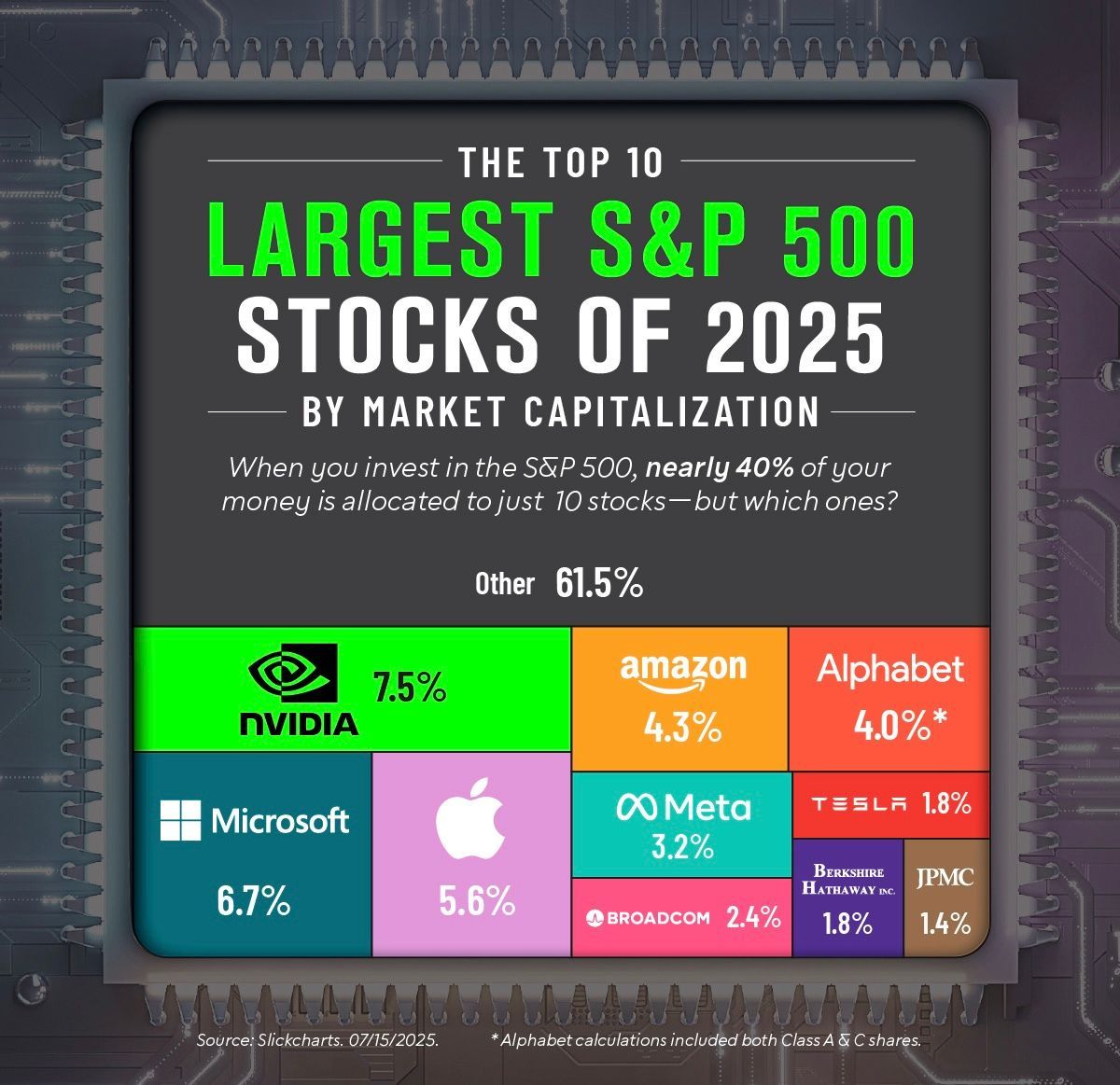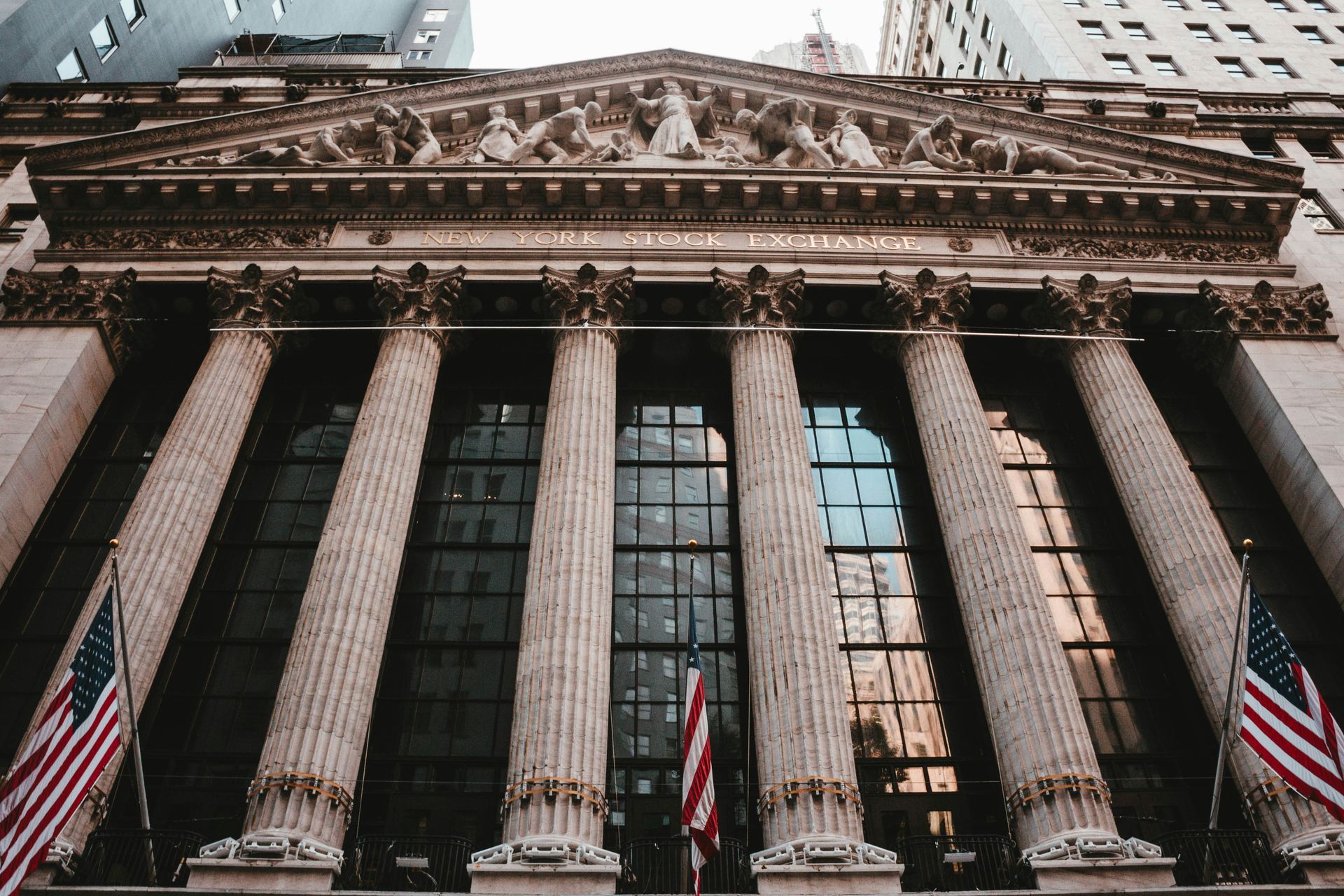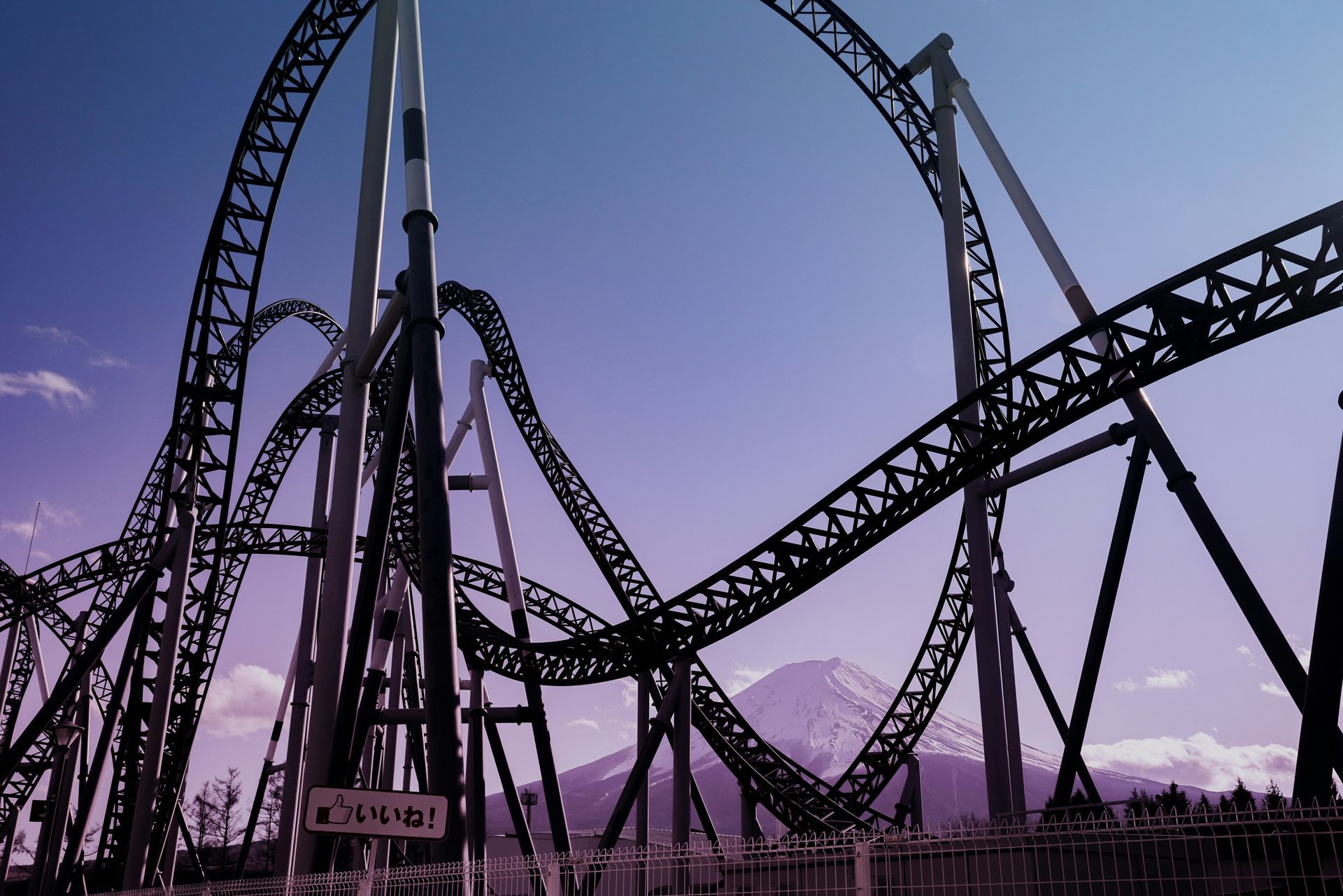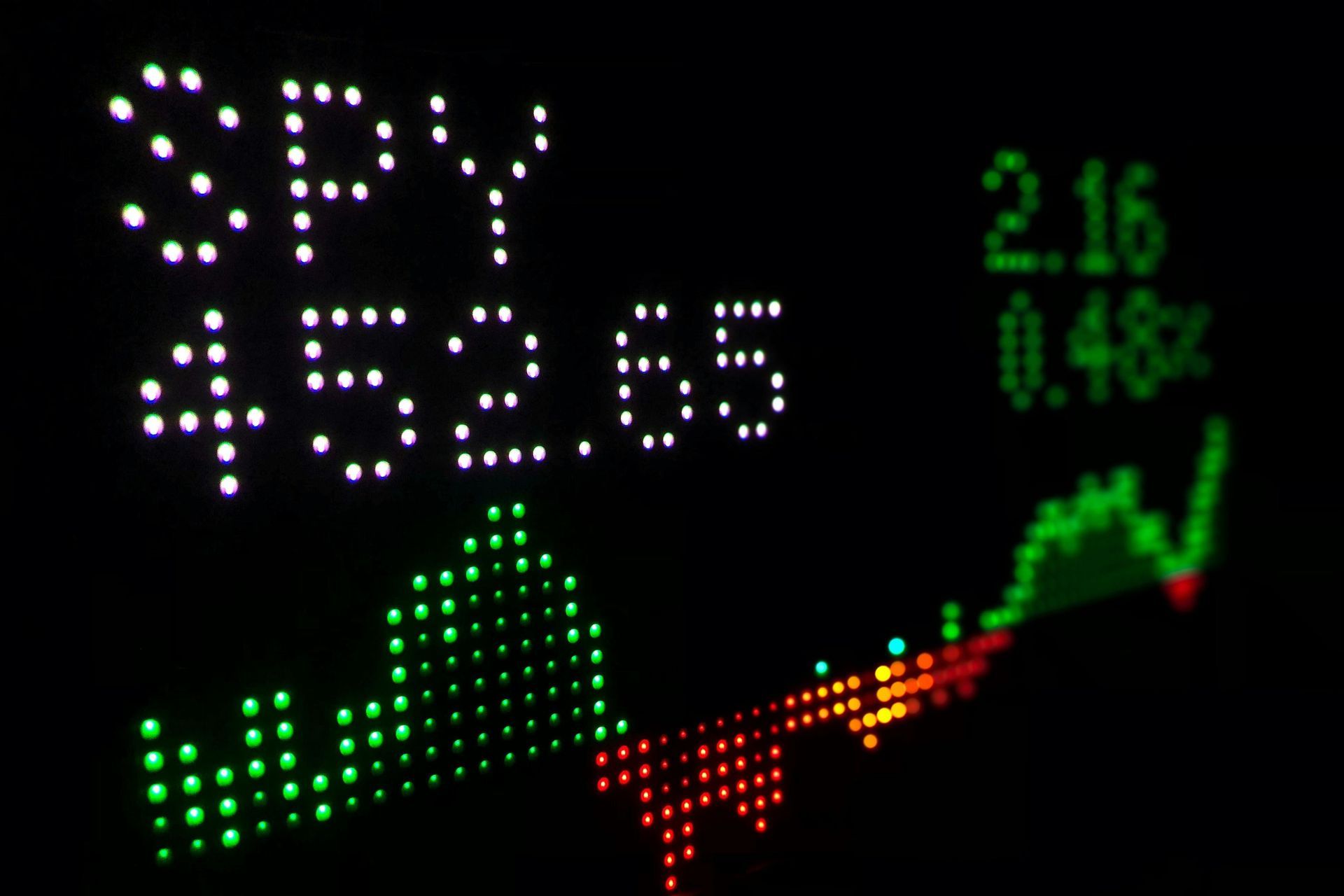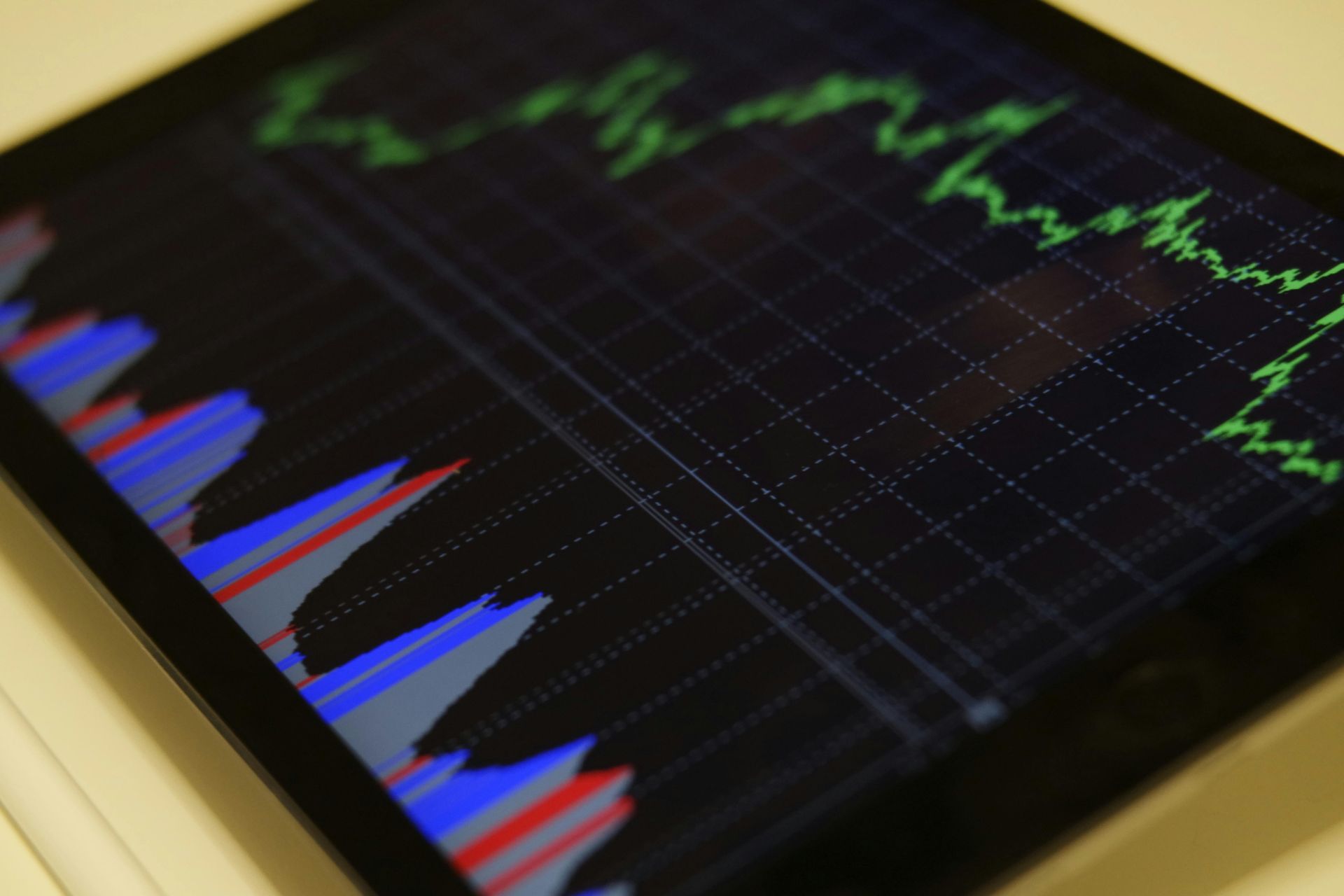The Hidden Risk of Market Concentration
Why remembering market history matters when enthusiasm runs high
Markets have a way of convincing us that what’s working now will keep working forever, until they remind us otherwise. Every decade tells a story about what investors value most.
In the 1960s and 1970s, the world’s largest companies were industrial and oil powerhouses like IBM and General Motors. Manufacturing defined the economy, and scale was the ultimate advantage. IBM’s market value, roughly $75 billion in the mid-1960s, made it a symbol of innovation and stability with unimaginable in size at the time.
By the 1990s, the digital revolution had arrived. Microsoft, Intel, and Cisco defined a new era of growth and optimism. At its 2000 peak, Cisco traded near 200x earnings and briefly became the world’s most valuable company...before losing more than 80% of its value when the dot-com bubble burst.
The 2000s brought a return to tangible assets. Oil prices soared above $140 a barrel, and ExxonMobil topped global rankings. Yet, quietly, Apple, Amazon, and Google were building the platforms that would dominate the next decade.
By the 2010s, technology wasn’t just a sector, it was the market. Apple became the first trillion-dollar company in 2018, and the top five U.S. tech firms...Apple, Microsoft, Amazon, Alphabet, and Meta made up nearly 20% of the S&P 500 by decade’s end.
Now, in 2025, we’ve entered the AI era. Nvidia, once a niche chipmaker, has become the world’s most valuable company at roughly $4.5 trillion, with Microsoft and Apple close behind near $3.9 trillion each. The top 10 companies now account for more than one-third of the entire S&P 500’s value, the highest level of concentration in over 60 years.
The innovation behind this is real - but so is the froth. We’re seeing valuations stretch well beyond long-term averages, fueled by enthusiasm that assumes growth will continue indefinitely. It’s an exciting story, but history reminds us that even the best companies can become over-owned and overvalued when optimism runs unchecked - and - you probably already own more big tech than you think.
We’ve had a lot of conversations lately about companies like Nvidia, Microsoft, and Broadcom which are the names driving much of this year’s market performance. They’ve been incredible performers, and it’s easy to look at the headlines and wonder if you should be adding more. But here’s what surprises most investors: if you own index funds or large-cap mutual funds, you already own them - and quite a bit of them. That’s because most indexes are weighted by size, which means the biggest companies make up the biggest portion of your portfolio. The S&P 500 isn’t divided evenly across 500 companies. The top 10 names led by Nvidia, Apple, and Microsoft now account for more than one-third of the entire index. Nvidia alone recently represents over 8% of the S&P 500, contributing an outsized share of this year’s returns. So while you might feel diversified across hundreds of holdings, much of your return is really being driven by a handful of companies. That’s what we mean by concentration.
None of this is necessarily bad. These are strong, profitable, innovative companies that have earned their place. But it’s worth remembering that market leadership always changes. The same pattern has repeated for decades...industrials to oil, oil to software, software to platforms, and now platforms to AI. Every era has its giants, and every cycle brings new ones. That’s why we stay focused on balance. We want your portfolio to participate in the growth of today’s leaders, but not become dependent on them. It’s easy to think, “I don’t own Nvidia,” when in reality, you likely do - through your S&P 500 fund, total market fund, or large-cap growth fund.
We're not saying avoid these names or overhaul your strategy. This is just a simple reminder to recognize that even broad market exposure today comes with a lot of concentration in a few big winners and to make sure your portfolio stays diversified enough for whatever comes next.
So when you see Nvidia or Microsoft dominating the headlines, know that you’re probably already along for the ride. Keep perspective, stay disciplined, and remember that markets always change faster than we expect.
